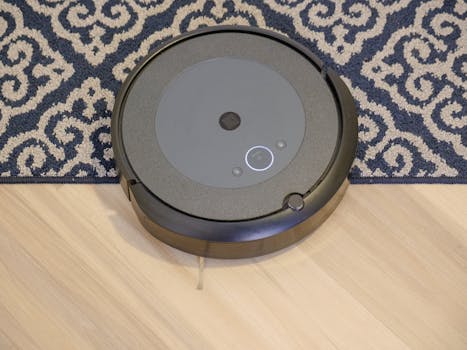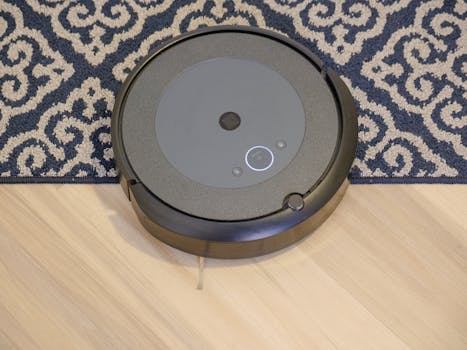
Smart Homes and Smart Living: The Technological Transformation of European Homes by 2025
Smart Homes and Smart Living is revolutionizing the way Europeans live, with technological advancements transforming homes into intelligent, connected, and sustainable spaces. The focus keyword Smart Homes is at the forefront of this transformation, enabling homeowners to control and monitor various aspects of their living environment with ease.
Introduction to Smart Homes

A smart home is a dwelling that incorporates advanced technologies, such as artificial intelligence, Internet of Things (IoT), and home automation, to provide a comfortable, convenient, and energy-efficient living experience. These homes are equipped with sensors, cameras, and other devices that collect data and send it to the cloud or a central hub, allowing homeowners to control and monitor their environment remotely.
Technological Advancements in Smart Homes

Several technological advancements are driving the growth of smart homes in Europe, including:
- Artificial Intelligence (AI): AI-powered systems can learn a homeowner’s preferences and adjust lighting, temperature, and entertainment settings accordingly.
- Internet of Things (IoT): IoT devices, such as smart thermostats and security cameras, can be controlled and monitored remotely through a smartphone app.
- Home Automation: Home automation systems integrate various devices and appliances, allowing homeowners to control their environment with a single interface.
- Energy Harvesting: Energy-harvesting technologies, such as solar panels and wind turbines, can power smart home devices and reduce energy consumption.
Benefits of Smart Homes

The benefits of smart homes are numerous, including:
- Energy Efficiency: Smart homes can optimize energy consumption, reducing waste and lowering utility bills.
- Convenience: Smart homes provide homeowners with a convenient and comfortable living experience, allowing them to control their environment with ease.
- Security: Smart homes can enhance security, with features such as motion detectors, cameras, and alarm systems.
- Sustainability: Smart homes can promote sustainability, with features such as energy-harvesting technologies and eco-friendly materials.
Challenges and Limitations

While smart homes offer numerous benefits, there are also challenges and limitations to consider, including:
- Cost: Smart home devices and systems can be expensive, making them inaccessible to some homeowners.
- Complexity: Smart home systems can be complex, requiring technical expertise to install and maintain.
- Security Risks: Smart homes can be vulnerable to cyber threats, compromising homeowner data and security.
- Interoperability: Smart home devices and systems may not be compatible, limiting their functionality and convenience.
Conclusion

Smart homes and smart living are transforming the way Europeans live, with technological advancements providing a comfortable, convenient, and sustainable living experience. While there are challenges and limitations to consider, the benefits of smart homes make them an attractive option for homeowners. As the concept of smart homes continues to evolve, we can expect to see even more innovative technologies and solutions emerge, shaping the future of European homes by 2025.






